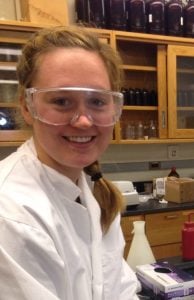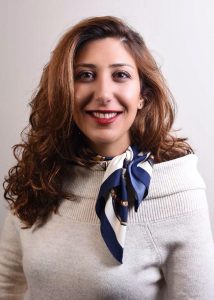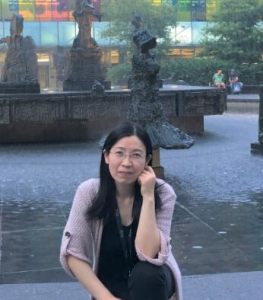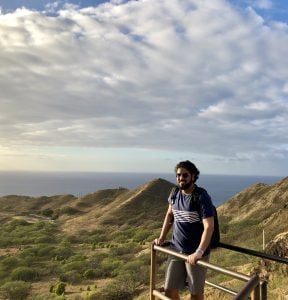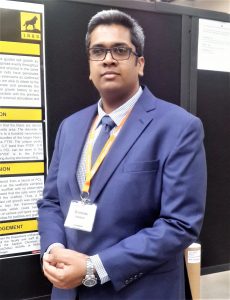Dongdong (Alex) Ge
Civil Engineering
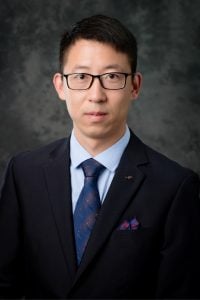 As a Ph.D. student, I am enthusiastic and work hard in my efforts in research works, I have assisted my supervisor to prepare about 5 proposals from agencies, and I was CO-PI of a few proposals submitted in the past year. I have also participated in several other research projects from DOTs. To date, my research has led to a number of papers including 21 published peer-reviewed journal papers, 3 conference proceedings, and 2 under-review paper. In addition, I am preparing 2 more journal papers to be submitted at this time. In the past few years, I have been supported with various project support as GRA and two semesters of GTA. My efforts in teaching made me earn the Outstanding Graduate Student Teaching Award in 2018. I was also awarded the P.M. Thornton Endowed Fellowship in 2019.
As a Ph.D. student, I am enthusiastic and work hard in my efforts in research works, I have assisted my supervisor to prepare about 5 proposals from agencies, and I was CO-PI of a few proposals submitted in the past year. I have also participated in several other research projects from DOTs. To date, my research has led to a number of papers including 21 published peer-reviewed journal papers, 3 conference proceedings, and 2 under-review paper. In addition, I am preparing 2 more journal papers to be submitted at this time. In the past few years, I have been supported with various project support as GRA and two semesters of GTA. My efforts in teaching made me earn the Outstanding Graduate Student Teaching Award in 2018. I was also awarded the P.M. Thornton Endowed Fellowship in 2019.
